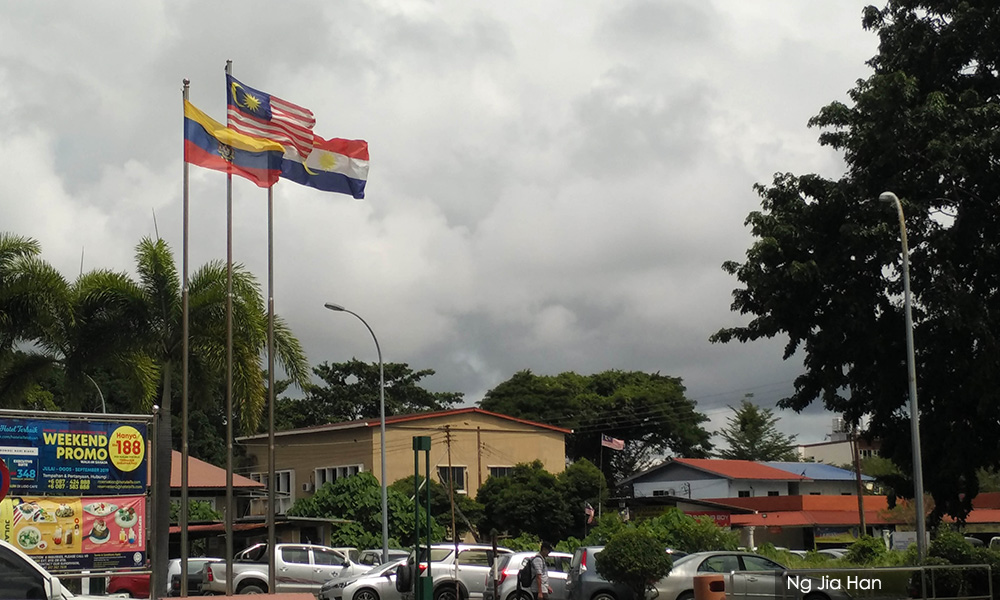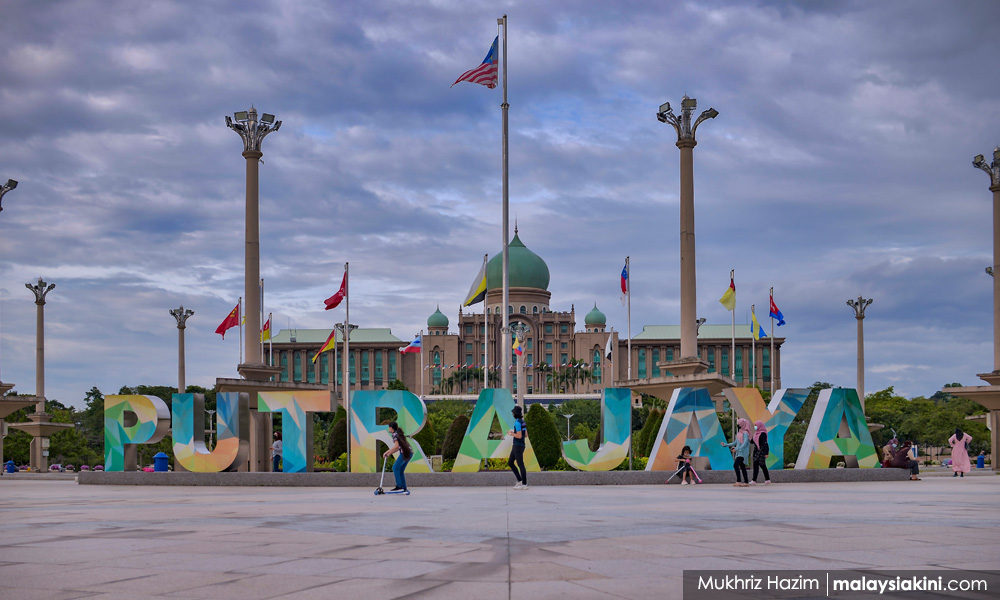MP SPEAKS | Established since 1776, one key principle in a democracy is “no taxation without representation”.
It is a simple concept of responsibility and right. With the responsibility to pay tax, citizens enjoy the right to have representation in government. With the right to collect tax, the government has the responsibility to be representative.
This does not apply to colonial governments or mafias. By definition, a colonial government is an alien power imposed on the local population. And of course, mafias neither seek the consent of the people they extract “protection fee” nor allow the “clients” to elect some representatives to sit in mafia leadership.
And representation should exist at every level of taxing authority, not just the national government. Only with representation, citizens who pay taxes get to express their aspirations on how they want their tax money being used and their public life being governed.
It is wrong for the federal government to deny West Malaysians elected government with the Local Government Act 1976.
It is also wrong for Sabah and Sarawak to ape Kuala Lumpur in denying Sabahans and Sarawakians their right to elect their local councillors and even mayors. Restoring local elections must be part of Borneo Malaysians’ identity and agenda for autonomy.
However, no Malaysians fare worse in this aspect than the citizens of Kuala Lumpur since 1974, of Labuan since 1984 and of Putrajaya since 2004.
While Malaysians in Sabah, Sarawak and the Malayan states are denied their third votes, Malaysians in Kuala Lumpur, Labuan and Putrajaya are denied even their second votes.
If Malaysians elsewhere are not happy with how their cities, towns or districts are run, they can vote out their state governments. In Kuala Lumpur, Labuan and Putrajaya, Malaysians may have to change the federal government to change the mayor or the chief executive officer.

The federal territories do not even have party appointees to be city councillors. The federal territories are governed by bureaucrats in the Kuala Lumpur City Hall (DBKL), Labuan Corporation (LC) and Putrajaya Corporation (PC) answerable to the federal territories minister, currently not even an MP from any of the federal territories.
It is not unusual that capital city and other special cities are put under the control of federal or central government.
It is unusual that by becoming federally- or centrally-controlled territories, they have to lose their right to self-government, unless their countries are one party-states. No one expects democratically-elected mayors in Beijing or Pyongyang.
Canberra, the Australian Capital Territory (ACT), has an elected ACT legislative assembly and a parliamentary government led by a chief minister, like Malaysian states.
Likewise, India’s National Capital Territory of Delhi has an elected Delhi legislative assembly and a chief minister-led parliamentary government. It also has two elected municipal bodies.
South Africa has three capitals: Pretoria (administrative), Cape Town (legislative) and Bloemfontein (judicial). All three have elected metropolitan councils which chose their mayors and metropolitan government, just as in any parliamentary system.
Having an elected government is found not only in Commonwealth federations, but also in non-Commonwealth countries like the US and in unitary states like Indonesia and Iran.
The American capital, Washington DC, is not part of any state and has no voting members in both houses of the Congress. But it has an elected presidential consisting of a mayor and a 13-member Council of the District of the Columbia.
Indonesia’s Jakarta Special Capital Region has an elected presidential government. Its governor and vice governor are separately elected from 106 members of its Regional People's Representative Council (DPRD).
Iran’s capital Tehran has an elected parliamentary government: 21 City Councillors who choose amongst themselves the Mayor.
Denial of self-government has only one justification: the local population is incompetent to run their own business. Who to pass that judgement? Foreign or colonial powers.
In the heyday of colonisation, sometimes even territories not formally colonised were “trusted” or “mandated” to some external powers. Mandatory Palestine (1920-1948) was one example.

What is there to celebrate in Federal Territories Day when it entails a loss of self-government?
As Selangorians, citizens of Kuala Lumpur (up until Feb 1, 1974) and Putrajaya (up until Feb 1, 2004) were capable of self-government at the state level.
As Sabahans, citizens of Labuan (up until April 16, 1984) were capable of self-government at the state level.
How did the formation of their Federal Territory make Malaysians in Kuala Lumpur, Labuan and Putrajaya politically less intelligent – like some inferior population in the eye of colonial masters - than their counterparts in Selangor and Sabah?
Losing the right and competence of self-government is a matter to mourn, not to celebrate.
For 2021, DBKL runs a budget of RM2.653 billion, even more than RM2.32 billion for Selangor.
When RM 2.32 billion can only be spent by a government installed and scrutinised by a 56-member state assembly in turn elected by 2.4 million voters in Selangor, why should a larger budget of RM2.653 billion be spent without any mandate and scrutiny from 850,000 voters in Kuala Lumpur?
The call for mayoral and councillor elections by nine parliamentarians in Kuala Lumpur: Tan Kok Wai (Cheras), Fong Kui Lun (Bukit Bintang), Teresa Kok (Seputeh), Dr Tan Yee Kew (Wangsa Maju), Lim Lip Eng (Kepong), Fahmi Fadzil (Lembah Pantai), Nik Nazmi Nik Ahmad (Setiawangsa), P Prabakaran (Batu), and Hannah Yeoh (Segambut) is most timely.
The parliamentarians for Labuan and Putrajaya should join the call for their territories too.
And all MPs from Sabah, Sarawak and Malaya should join in too. No part of Malaysia should be denied representative government and burdened with imposed rulers.
The Federal Territory Day will be worthy of celebration when we have elected territory legislative assemblies and territory governments. Not before.
WILFRED MADIUS TANGAU is MP for Tuaran and president of Upko. - Mkini
The views expressed here are those of the author/contributor and do not necessarily represent the views of MMKtT.

No comments:
Post a Comment
Note: Only a member of this blog may post a comment.